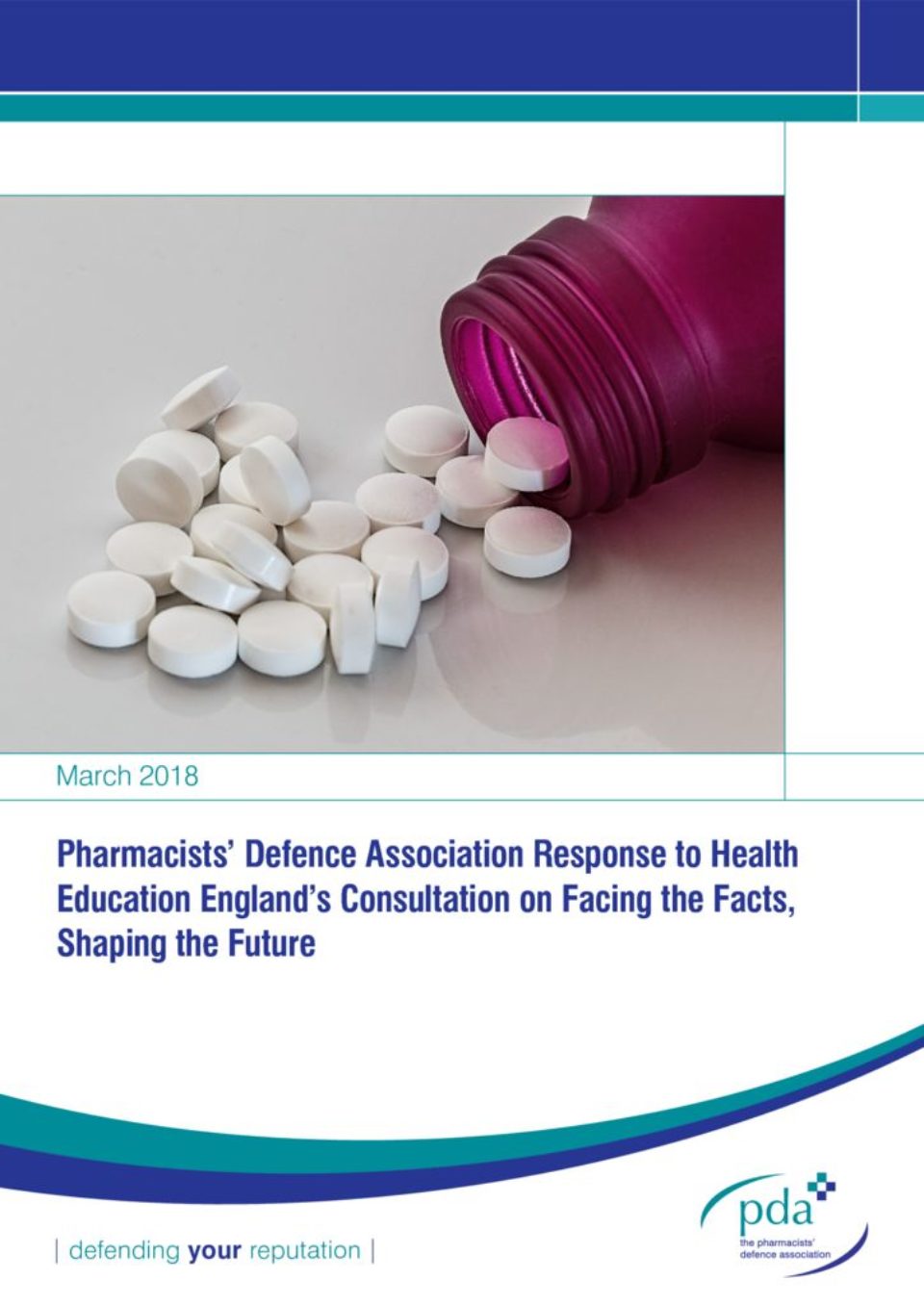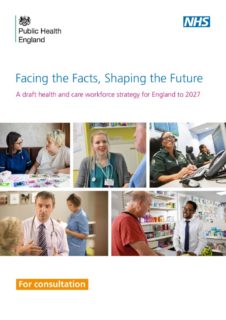One of the most concerning excerpts from its proposal was “The traditional, medicines-focused role of the pharmacist is being challenged by Health Education England (HEE) and its national stakeholders.” The PDA challenged this strongly. It appears non-sensical; it would need a change to the meaning of the word “pharmacy” and its concept, at a global level. Pharmacists – by definition and by training – will always have a role which is medicines-focused at its core. This is akin to challenging the law-focused role of solicitors, or the education-focused role of teachers.
We also felt that the main and most obvious question was missing for such a consultation: What do you think should be the workforce plan for health and care in England?
The document states “this strategy has already benefited from wide engagement and consultation with partners and patients…”. Although it represents over 27,000 pharmacists – more than half of the patient-facing pharmacists in the UK, the PDA has not been consulted on this strategy or the reports mentioned within it which have contributed to it.
We asked HEE to commit to engaging with healthcare professions and the public in an ongoing, open dialogue about the future of the NHS workforce.
We said we would welcome the common vocational foundation training for all newly qualified pharmacists, mentioned in the consultation document, but would like to see the development of postgraduate training for pharmacists on pharmacy law and ethics, professional assertiveness, patient and medicines safety and quality improvement.
We also explained we’d been developing our new “Road Map” proposal. It sets out the PDA’s vision for future of primary care pharmacy practise and builds on our previous Road Map for pharmacy practise in England and Scotland, published in 2013 and 2012 respectively. We would be delighted to discuss this with Public Health England and/or Health Education England in more detail.
Click here to download OUR HEE consultation document

